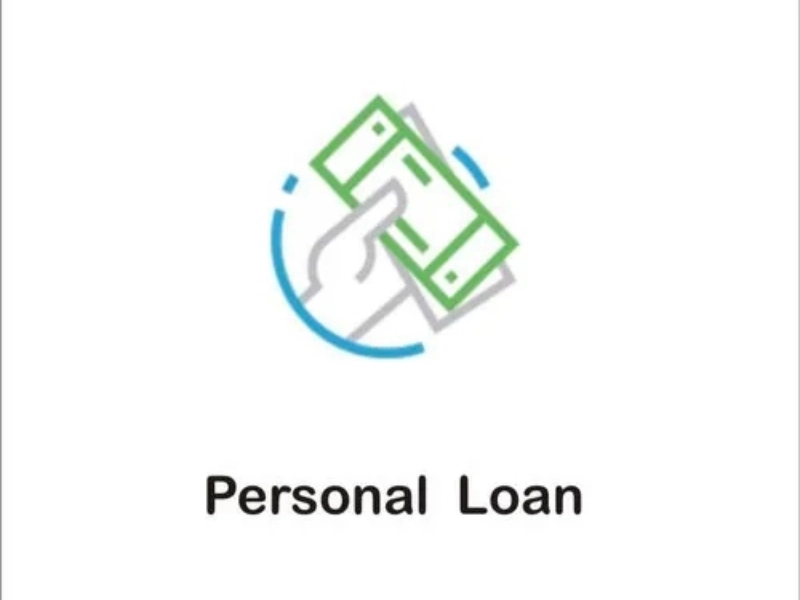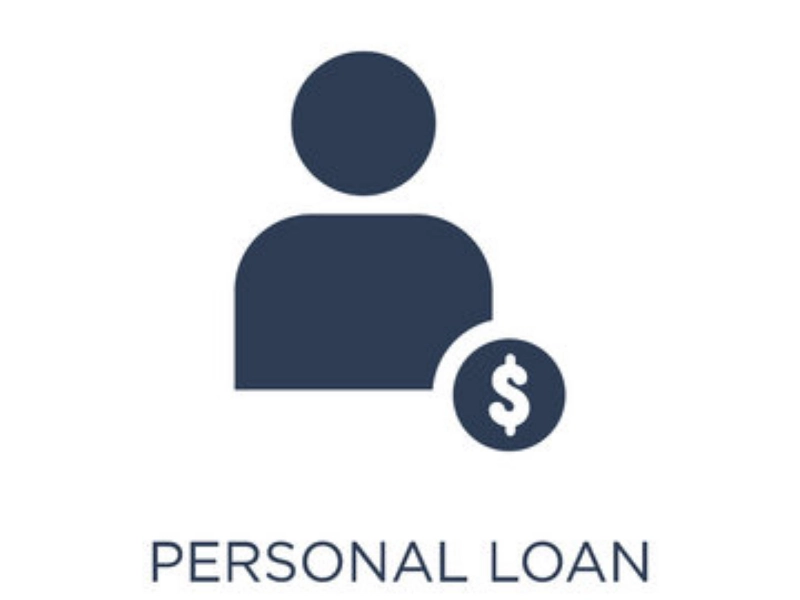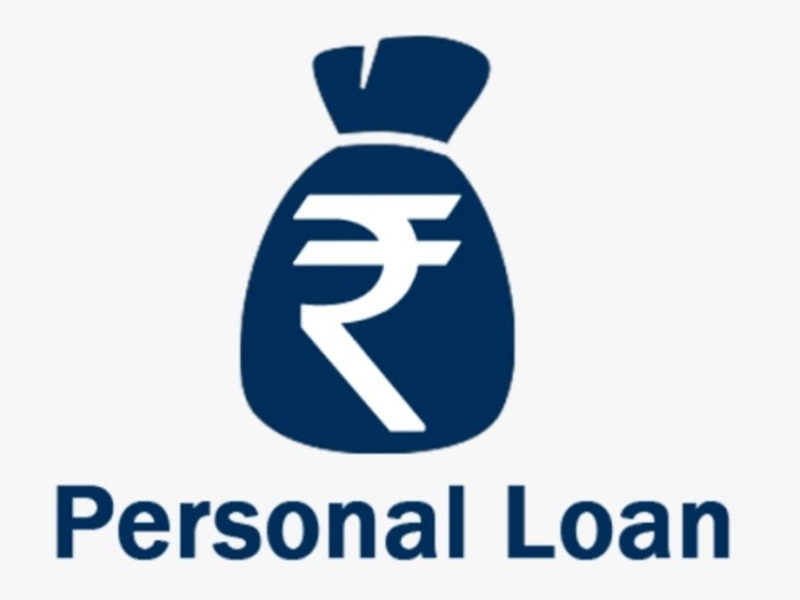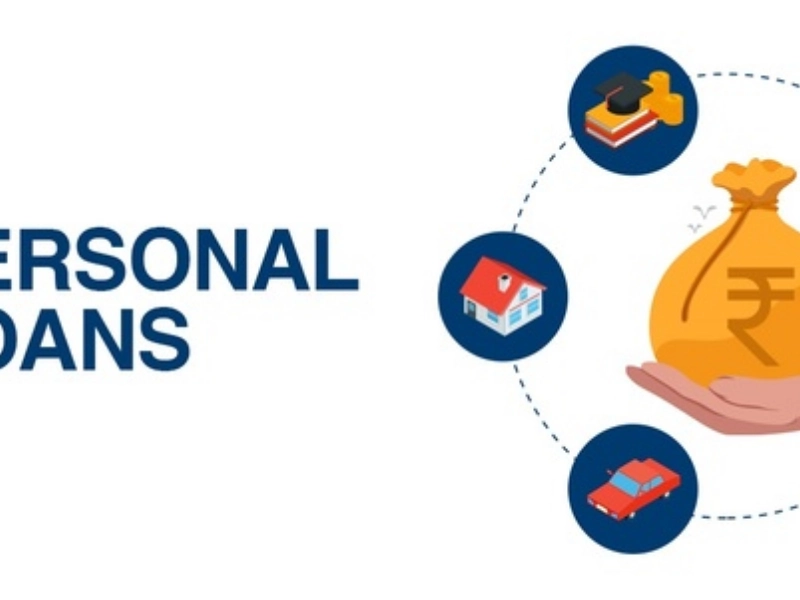For military home buyers, the VA financing program provides a host of benefits. The most notable is the option with no down payment, which has been a feature of the program from the beginning. Although lenders typically have their own rules to guarantee borrowers can repay their loans, the VA does not set income or credit score restrictions.
 VA loans are a fantastic choice for those looking to buy a house because they don't require a down payment. Since the program's beginning, this benefit has been recognized as one of its main features.
Locating a lender with expertise in VA home loans is the first step in the process. When you locate a lender, they will inquire about your financial status and use your income and debt-to-income ratio to calculate the maximum amount you can borrow.
Additionally, the lender will seek proof of your military service, usually in the form of a Statement of Service or a copy of your DD-214. They'll also require a credit check, assets, and documentation of your income. Being open and truthful with your lender is crucial during this pre-qualifying stage. Later on in the process, this can help avoid surprises.
VA loans are a fantastic choice for those looking to buy a house because they don't require a down payment. Since the program's beginning, this benefit has been recognized as one of its main features.
Locating a lender with expertise in VA home loans is the first step in the process. When you locate a lender, they will inquire about your financial status and use your income and debt-to-income ratio to calculate the maximum amount you can borrow.
Additionally, the lender will seek proof of your military service, usually in the form of a Statement of Service or a copy of your DD-214. They'll also require a credit check, assets, and documentation of your income. Being open and truthful with your lender is crucial during this pre-qualifying stage. Later on in the process, this can help avoid surprises.
 Making a down payment lowers your VA funding charge, assisting in the program's continued viability. When deciding whether to pay points, you should take your financial objectives and budget into account.
Before applying for a loan, it's a good idea to pay off any debt you may already have. When assessing your application, lenders will look at your debt-to-income ratio and credit score; having less debt can help you get approved for a more favorable mortgage.
VA loans were created with the intention of increasing homeownership, and they continue to do so by providing mortgages with more lenient and accommodating credit standards than conventional mortgages. Lender-specific minimum credit scores can differ, but they are generally far lower than those for traditional loans. In other circumstances—especially when a borrower is buying a property with a co-borrower who is not a veteran—some lenders have gone so far as to waive the requirement for a down payment.
Making a down payment lowers your VA funding charge, assisting in the program's continued viability. When deciding whether to pay points, you should take your financial objectives and budget into account.
Before applying for a loan, it's a good idea to pay off any debt you may already have. When assessing your application, lenders will look at your debt-to-income ratio and credit score; having less debt can help you get approved for a more favorable mortgage.
VA loans were created with the intention of increasing homeownership, and they continue to do so by providing mortgages with more lenient and accommodating credit standards than conventional mortgages. Lender-specific minimum credit scores can differ, but they are generally far lower than those for traditional loans. In other circumstances—especially when a borrower is buying a property with a co-borrower who is not a veteran—some lenders have gone so far as to waive the requirement for a down payment.
 Paying off your debt is one of the best things you can do to increase your eligibility for a VA loan. Prioritize paying off credit cards and other high-interest loans before obtaining a VA refinance because they may end up costing you more in the long term than your mortgage.
The VA mandates that a new home must fulfill its Minimum Property Requirements, or MPRs, if you're trying to buy one. You can locate a home that satisfies these needs with the assistance of a real estate professional. A certificate of eligibility, or COE, for your VA loan is another need. You can complete this via mail, the internet, or your lender. To ensure you have sufficient entitlements to be eligible for a VA mortgage, the COE is used.
Paying off your debt is one of the best things you can do to increase your eligibility for a VA loan. Prioritize paying off credit cards and other high-interest loans before obtaining a VA refinance because they may end up costing you more in the long term than your mortgage.
The VA mandates that a new home must fulfill its Minimum Property Requirements, or MPRs, if you're trying to buy one. You can locate a home that satisfies these needs with the assistance of a real estate professional. A certificate of eligibility, or COE, for your VA loan is another need. You can complete this via mail, the internet, or your lender. To ensure you have sufficient entitlements to be eligible for a VA mortgage, the COE is used.
 In order to ensure that you can pay a mortgage and other fees related to housing, lenders need to know what your monthly expenses are. You will thus be required to submit bank statements in order to authenticate your spending patterns.
A residual income calculation is what a VA lender will do to make sure you have enough money each month to cover all of your bills. This computation includes other recurrent expenses like entertainment and meals, as well as your property taxes, utilities, and mortgage payment.
There are no longer any size restrictions on eligible veterans' and service members' loans; however, lenders will still apply their own loan limit requirements, which are frequently based on conforming mortgage limits. To find out more about your home financing choices, speak with a Veterans United home loan consultant.
In order to ensure that you can pay a mortgage and other fees related to housing, lenders need to know what your monthly expenses are. You will thus be required to submit bank statements in order to authenticate your spending patterns.
A residual income calculation is what a VA lender will do to make sure you have enough money each month to cover all of your bills. This computation includes other recurrent expenses like entertainment and meals, as well as your property taxes, utilities, and mortgage payment.
There are no longer any size restrictions on eligible veterans' and service members' loans; however, lenders will still apply their own loan limit requirements, which are frequently based on conforming mortgage limits. To find out more about your home financing choices, speak with a Veterans United home loan consultant.
 Lenders will closely examine borrowers' current debt and credit ratings from multiple scoring organizations throughout the prequalification stage. Basic details like assets and household income will also be requested. This enables the lender to compute the borrower's initial debt-to-income ratio, or DTI ratio, which is used to estimate the maximum loan amount that the applicant is eligible for.
After that, VA loan underwriters will evaluate the borrower's credit standing. They will verify that the borrower has enough money left over to pay for their mortgage, property taxes, and insurance.
It's crucial to keep in mind that you shouldn't create new credit accounts or take on more debt while you're being prequalified and underwritten. This can drastically alter your DTI and make it more difficult for you to get approved for a VA loan.
Lenders will closely examine borrowers' current debt and credit ratings from multiple scoring organizations throughout the prequalification stage. Basic details like assets and household income will also be requested. This enables the lender to compute the borrower's initial debt-to-income ratio, or DTI ratio, which is used to estimate the maximum loan amount that the applicant is eligible for.
After that, VA loan underwriters will evaluate the borrower's credit standing. They will verify that the borrower has enough money left over to pay for their mortgage, property taxes, and insurance.
It's crucial to keep in mind that you shouldn't create new credit accounts or take on more debt while you're being prequalified and underwritten. This can drastically alter your DTI and make it more difficult for you to get approved for a VA loan.